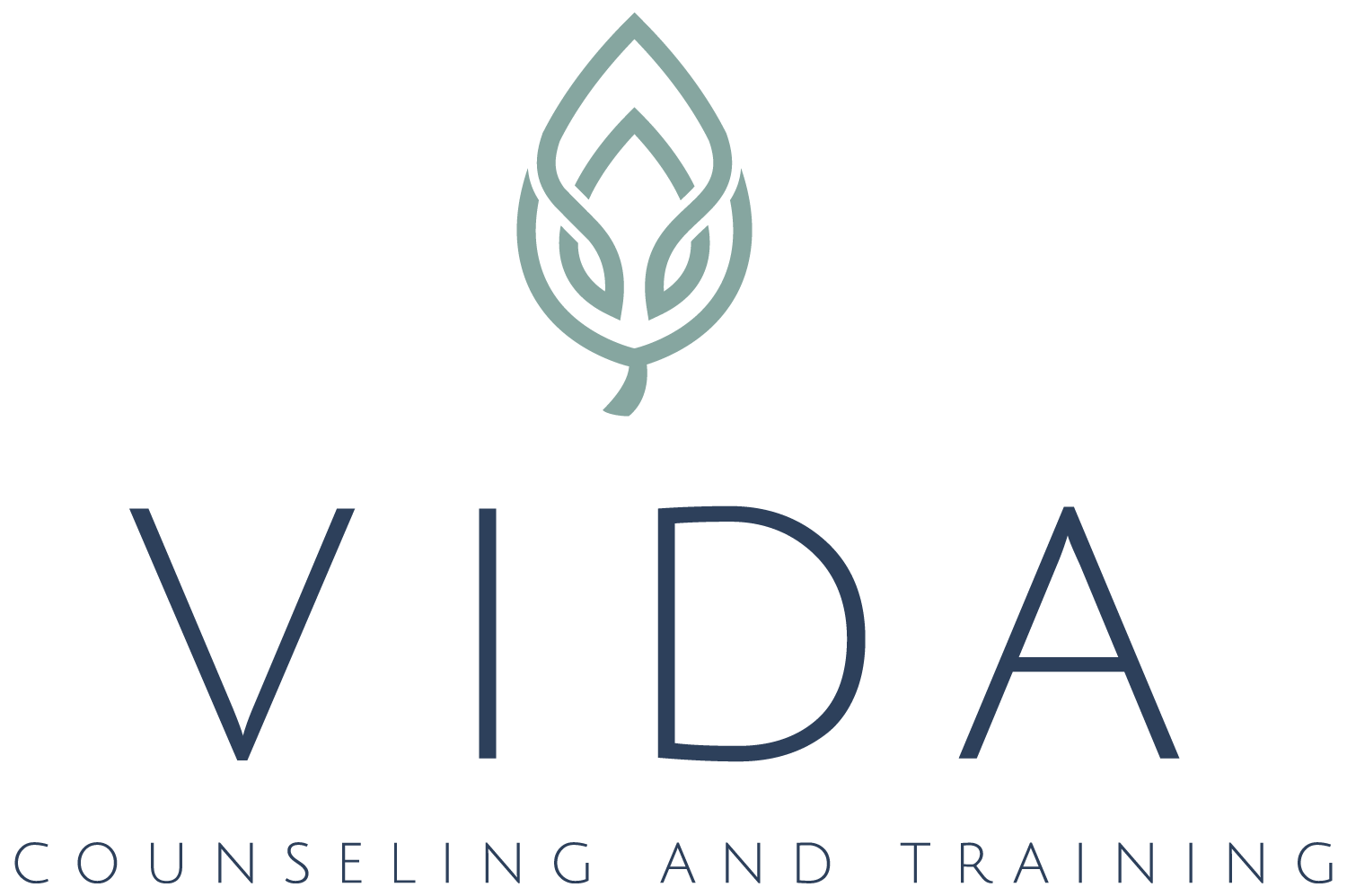Do you see any—or all—of these in your child?
Are you tired of not knowing if you're doing it right? You've probably spent a lot of time trying to be a good parent or caregiver and help your child have a happy childhood. Growing up, your family may have had its struggles, and you're determined to not make the same mistakes. You want to be as peaceful a parent or caregiver as possible. And you love your children dearly. In spite of you wanting to do all the right things and connect with your children, when it comes to parenting, the days are long and tiring, and then all of a sudden the years have gone by and you realize you lost a lot of time being angry, frustrated, overwhelmed, or just not responding well to the daily challenges. Often, parents feel bad for not having enjoyed raising their kids more or for not having delighted in them more.
Are you trying to help with your child's depression, anxiety, or aggression and sometimes your efforts seem pointless? Perhaps there are times when you just don't know what to do. Your daughter cries and has even said the world would be better off without her. It breaks your heart. Or your son gets all worked up and worried because he didn't get a star at school. Or maybe your child gets aggressive, yells, slams doors, or breaks things.
How can your children not know how much better the world is with them in it? How can they be so stressed out at such a young age? Where does their anger and violence comes from? You wonder what to do and what this could escalate into. You need help reaching your little girl or little boy—to help his or her heart heal and be happy and healthy again.
We can help. We're therapists who love to help families and children get closer, healthier, and happier. We use play therapy to reach your child and can help you figure out what type of parenting works for you.
"In play therapy, toys are the child's words and play is the child's language." - Dr. Gary Landreth
Learn more about
play therapy for children.
Along with love and work, play is an important part of human happiness. It is also the language of children—how they practice skills and roles needed for survival, relieve feelings of stress, regulate their emotions, and process their difficulties. The use of play in therapy is helpful when verbal language fails and is especially effective with young children who do not have the vocabulary for their troubling thoughts or feelings.
The practice of play therapy requires extensive specialized education, training, and experience. Our group of play therapists are either already Registered Play Therapists and Supervisors or in the process of becoming Registered Play Therapists. Each child therapist is trained to engage children in a variety of play therapy techniques that can uncover a range of issues. Educating you about your child's emotional or behavioral difficulties and helping you with effective parenting strategies are also an important part of our work with children and their families.
We believe a secure attachment between child and parent facilitates children’s development. When past trauma and attachment disruptions exist, a therapeutic environment may be necessary for children to feel safe enough to open their hearts to trust and love again. In such cases, the mother (or main caregiver) may be involved in therapy as a change agent to heal the broken bond with the child. Building trust in the child towards the mother may become one focus of therapy. The loving acceptance by the mother of the child’s genuine feelings (not to be confused by the child’s inappropriate or disruptive behavior) is also a vital part of the bonding work. The attachment between mother and child is reinforced in therapy sessions with eye contact, touch, movement, smiles, and the sharing of food.



